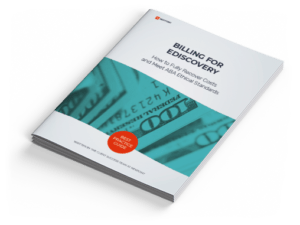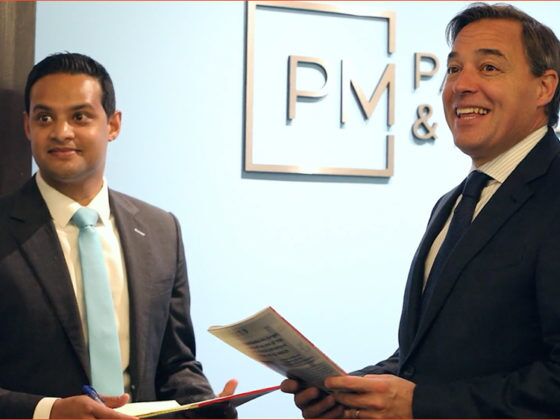Ediscovery software is indispensable in modern, internet-era civil litigation. Here’s how you can recover ediscovery software costs.
Attorneys are under increasing pressure to invest in legal technology in order to provide effective counsel to their clients.
Additionally, in recent years the majority of state bars have modified their guidelines related to an attorney’s duty of competence to include not only substantive knowledge of the law but also competence in the use of legal technology.
As ediscovery technology adoption increases, however, many law firms struggle with how to effectively and accurately pass these costs through to their clients. Attorneys mistakenly believe that passing these costs through would run afoul of ethics standards. As a result, a surprising number of firms grudgingly decide to absorb these client-specific expenses, thereby reducing the partnership’s bottom line.
As a provider of cloud-based legal software and related services, our mission is two-fold:
- To enable litigation teams to work more efficiently and effectively
- To help law firms improve their profitability
The purpose of this article is to help managing partners, litigation attorneys, and finance professionals at law firms understand the relevant ABA rules and opinions governing client fees.
In short, the ABA guidelines provide sufficient latitude to bill clients for ediscovery software costs and other expenses while adhering to the ethical standards and principles governing the legal profession.
There is no ethical prohibition from billing technology costs to end clients, just as there is no prohibition from passing through any cost incurred as a result of providing legal services such as court filing fees, messenger services, or copying cost.
Survey of the Relevant ABA Model Rules and Formal Opinions
The ABA Model Rules of Professional Conduct serve as guides for the ethics rules of most jurisdictions. To help clarify specific matters that the ABA deems of interest to the profession, the Standing Committee on Ethics and Professional Responsibility regularly submits opinions. These opinions are advisory in nature and not binding on any court.
Client fees are the lifeblood of the legal industry yet vulnerable to unethical behavior. As such, the Standing Committee has submitted a number of important opinions on an attorney’s obligations related to billing clients…
→ Continue reading the entire 11 page eBook:
Billing for Ediscovery: How to Ethically Pass Through Costs to Clients
This free guide includes:
- Interpreting the ABA Model Rules of Professional Conduct
- Understanding the “Reasonableness Standard”
- Categorizing Your Pass Through Costs
- Addressing the “Profit Question” for law firms









